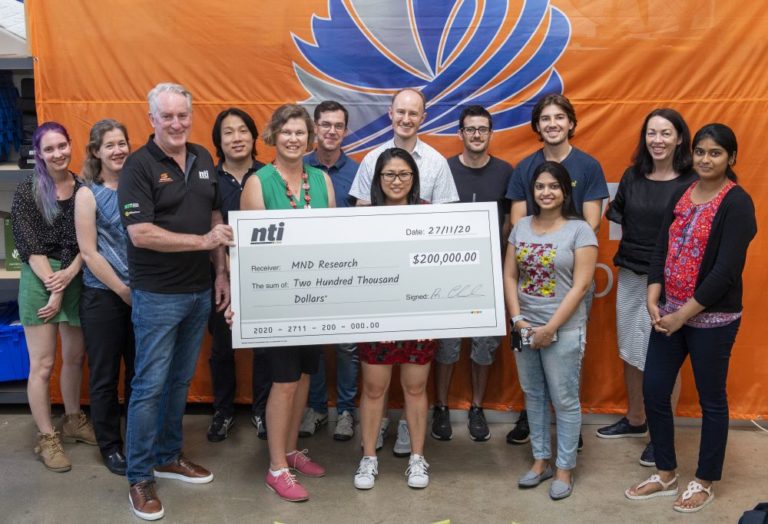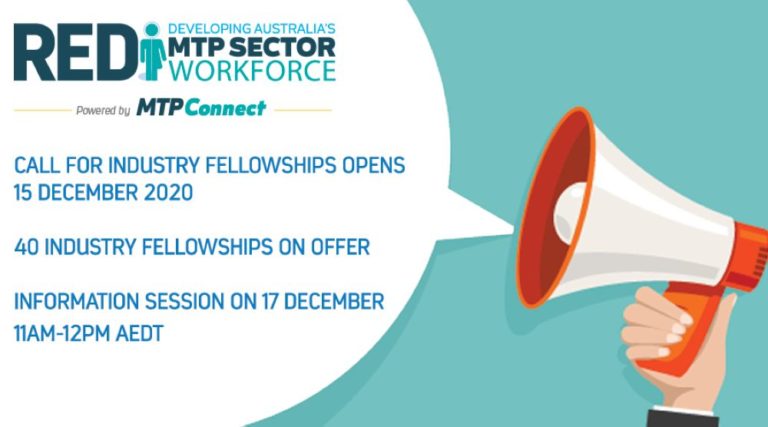[vc_row][vc_column][vc_column_text]It comes following GP concerns about CALD patients avoiding medical care due to fear of the COVID-19 virus, while also bearing the brunt of the pandemic, including increased mental health symptoms, isolation and loneliness.
The RACGP’s Expert Advice Matters campaign is encouraging CALD patients to keep looking after their heath during the COVID-19 pandemic and consult their GP for any health concerns.
A website for patients has been translated into the most commonly spoken languages other than English, including Arabic, Simplified Chinese, Traditional Chinese, Hindi and Vietnamese. The websites include practical information for patients on how they can safely access care from a GP, including telehealth and telephone consultations featuring free interpreters. You can view the websites here: https://www.expertadvicematters.com.au/
GPs are helping to spread the message by sharing videos of themselves speaking in different languages, urging patients not to delay routine healthcare and explaining how they can safely consult with their GP. You can find the videos on YouTube here: https://www.youtube.com/playlist?list=PLKg37k2DuVFPDvTWVer3SyZBK31R80BvE
RACGP spokesperson Dr Lara Roeske said more needed to be done to reach CALD patients missing out on healthcare.
“Before the COVID-19 pandemic, CALD communities in Australia already faced health inequalities and barriers to accessing healthcare including language and health literacy issues.”
Evidence suggests migrants, particularly those newly arrived, use health services less. The National Health Survey found that of those arriving in Australia between 2009 and 2015, 74%had visited a GP in the last 12 months, compared to the Australian-born population total of 86 per cent.
Dr Roeske said the pandemic had magnified the problems.
“The pandemic has only made matters worse – many patients are avoiding seeing their GP because they’re afraid of the virus and don’t know about or feel comfortable using telehealth.
“With all the rapidly changing health information and changes to the way patients can access care, it’s not surprising that some don’t know how they can safely access healthcare and are putting off important appointments. We need to fix this now.
“I’m very concerned that patients delaying care could face worse problems down the track. Particularly given some CALD communities have higher rates of chronic disease and need regular routine health checks to stay well.
“This is why it’s so important that we get the message to CALD communities that you need to keep taking care of your health during the pandemic, and there are safe ways to get the expert care you need.
“We need to do better to communicate to CALD patients, and provide information that’s translated and culturally appropriate. The extension of the RACGP’s Expert Advice Matter’s campaign to CALD communities aims to do just that.
“My advice for patients is this: if you’ve delayed an appointment or have a new health concern, don’t wait any longer – your GP is here to help, book an appointment today.”
7 Tips for Safer Healthcare
- don’t delay healthcare, call your GP for any concerns
- you can consult your GP on the phone or via video technology. Telehealth appointments are bulk billed for concession card holders, under 16s and vulnerable
- if you need an interpreter, call the Australian Government’s FREE Translation and Interpreting Service (TIS) Ph 131450.
- you can get a prescription from your GP on the phone or video and collect the medicine from a pharmacy
- it’s safe to visit your GP in person if you need to – clinics have made changes to protect you from COVID-19 including physical distancing and regular
- patients in Victoria must wear a face mask or covering when visiting their GP. Patients living in other areas with community transmission are also advised to wear a mask when visiting the GP
- if you have COVID-19 symptoms (cough, sore throat, shortness of breath, runny nose, fever or chills or loss of smell or taste) get tested right away and self-isolate until you get the
[/vc_column_text][/vc_column][/vc_row]





